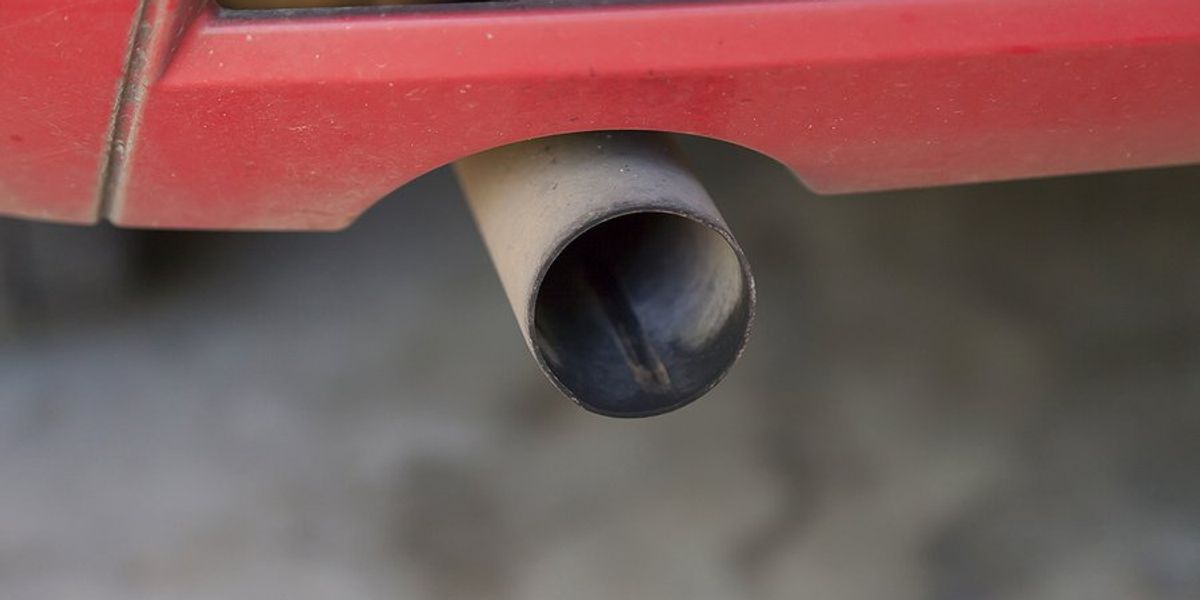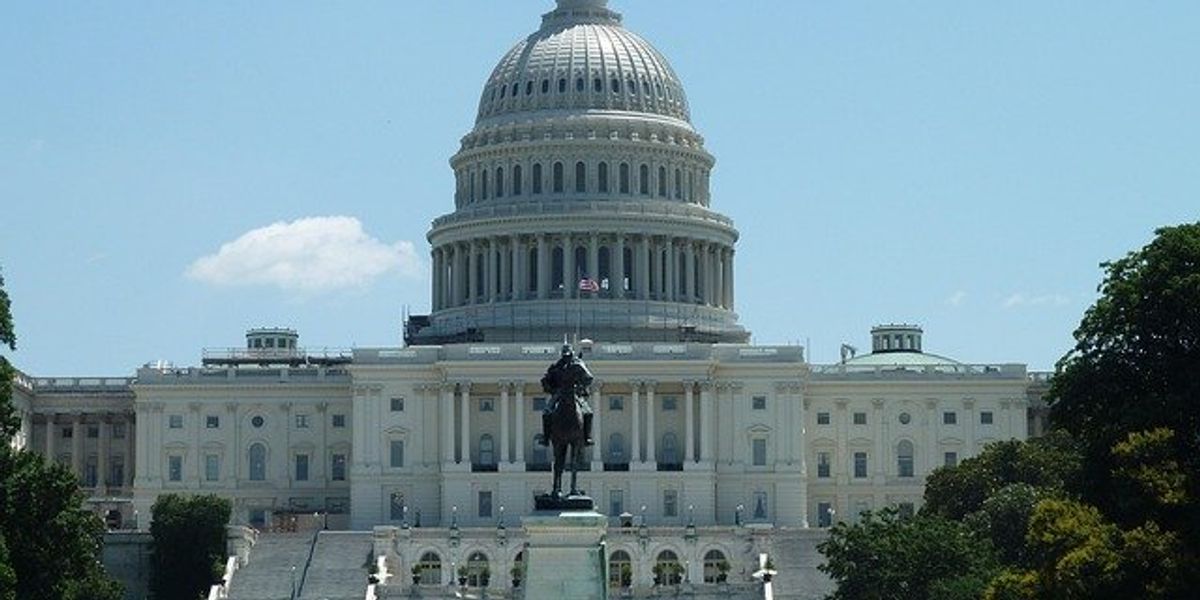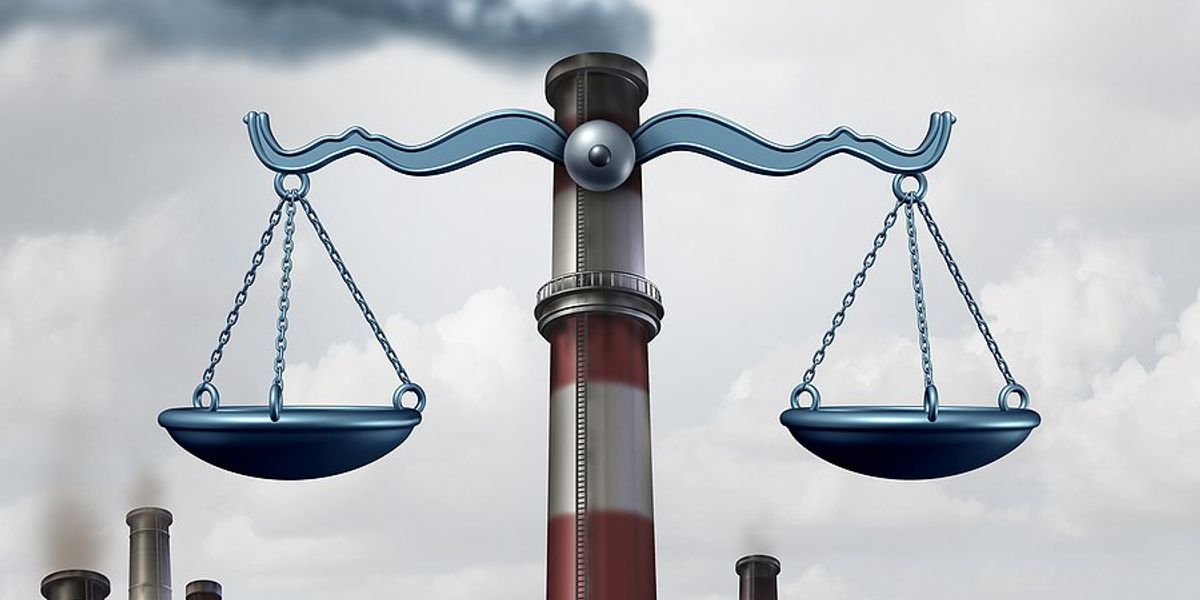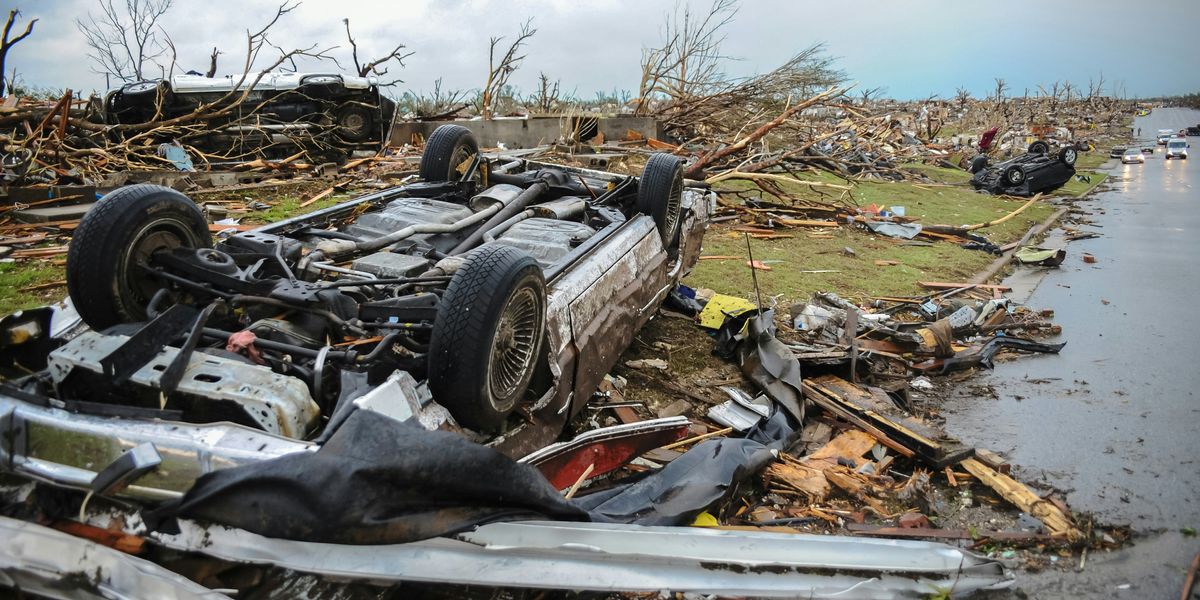
EPA guts science, staff, and environmental justice in sweeping shakeup
The Trump administration is rapidly transforming the U.S. Environmental Protection Agency from a public health watchdog into an industry-first agency, leaving longtime staffers fearful and programs gutted.
Akela Lacy reports for The Intercept.
In short:
- More than 1,500 EPA staffers have been pushed toward resignation or early retirement, especially those working in environmental justice and public health research. The agency plans to slash its budget by 65% and eliminate key science offices.
- Administrator Lee Zeldin is replacing traditional EPA priorities with a focus on artificial intelligence and auto industry revival, moves that insiders say have nothing to do with protecting people from pollution.
- Longstanding bipartisan programs to protect vulnerable communities are being dismantled, while staff report a culture of fear and political loyalty tests driving decisions.
Key quote:
“As administrator Zeldin has repeatedly stressed, ‘environmental justice’ has been used primarily as an excuse to fund left-wing activist groups instead of actually spending those dollars on directly remediating the specific environmental issues that need to be addressed.”
— EPA press office
Why this matters:
With thousands of experts in environmental justice and health research pushed out the door, and budget cuts gutting the agency's science, the message is loud and clear: Regulation is out, deregulation is the new order. As the EPA’s scientific backbone and justice programs are gutted, communities already burdened by pollution are left more vulnerable, and the country is losing the very people trained to protect public health in the face of environmental harm.
Read more:













